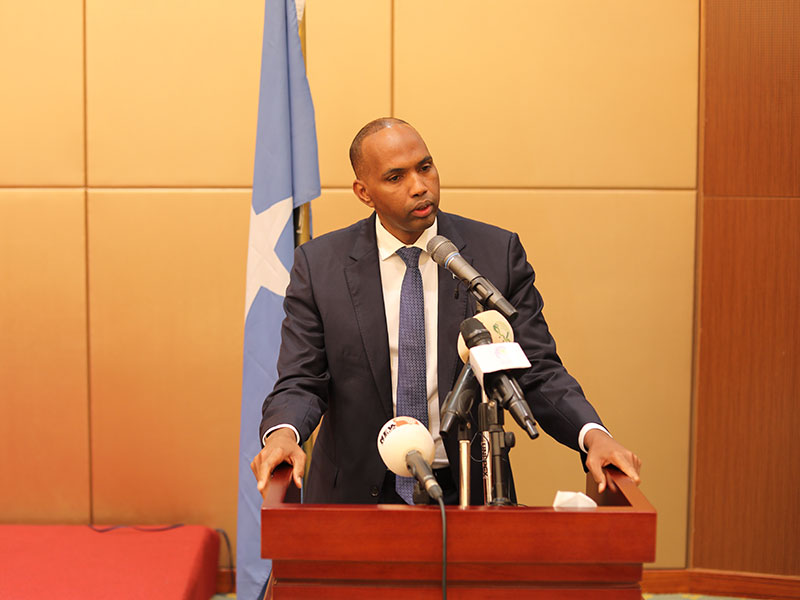×
The Standard e-Paper
Stay Informed, Even Offline

Recent arrests of high-level public officials in Somalia over graft amid tough anti-corruption talk by the country’s Prime Minister Hassan Ali Khayre have left many observers wondering how far the purge would go and whether the momentum would continue.
The latest graft-related arrests occurred on Saturday when the head of Mogadishu Port Tax Authority Ahmed Ali Samow and 9 other top officials were nabbed for allegedly diverting taxes collected from the busy sea port.